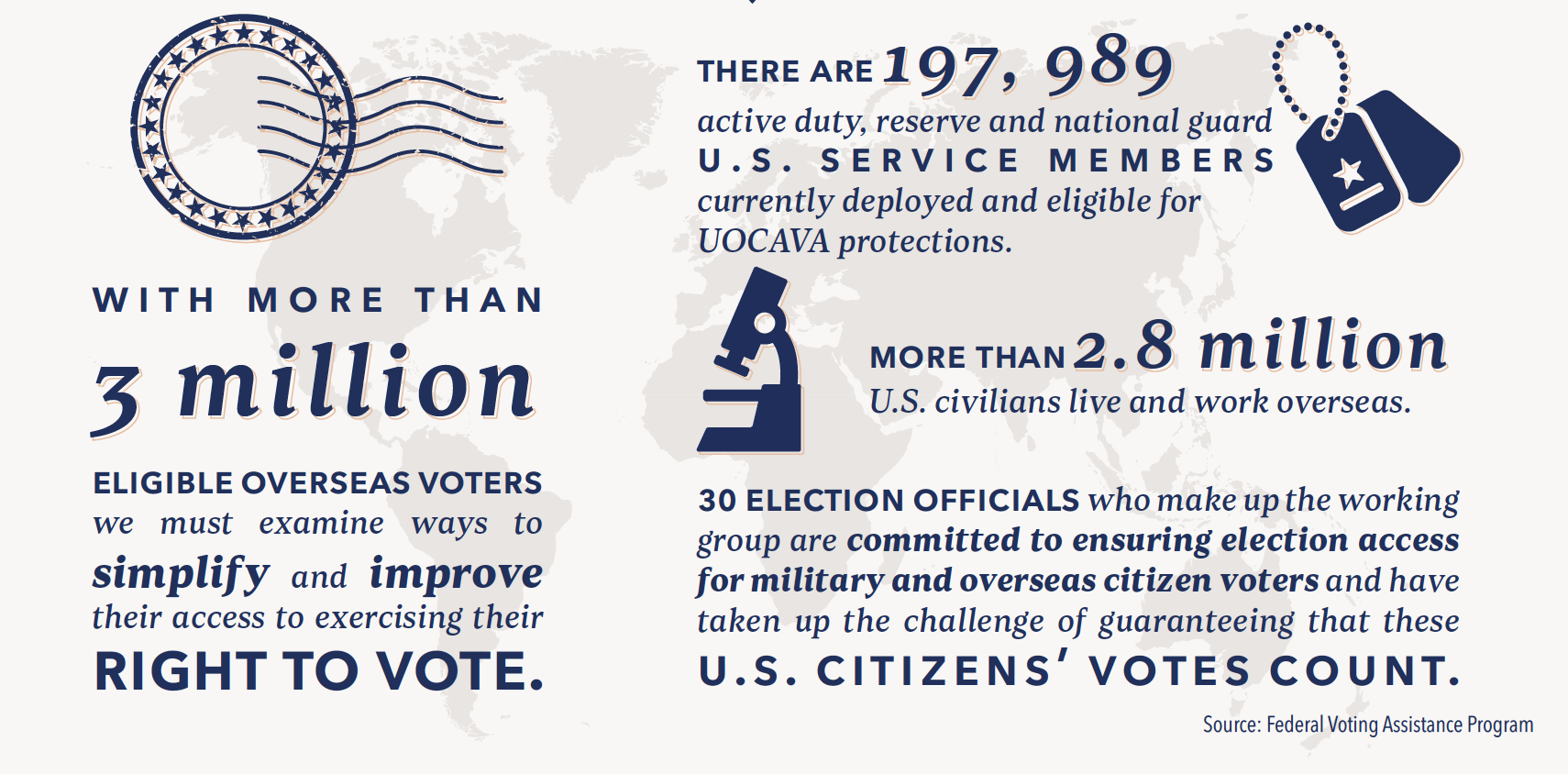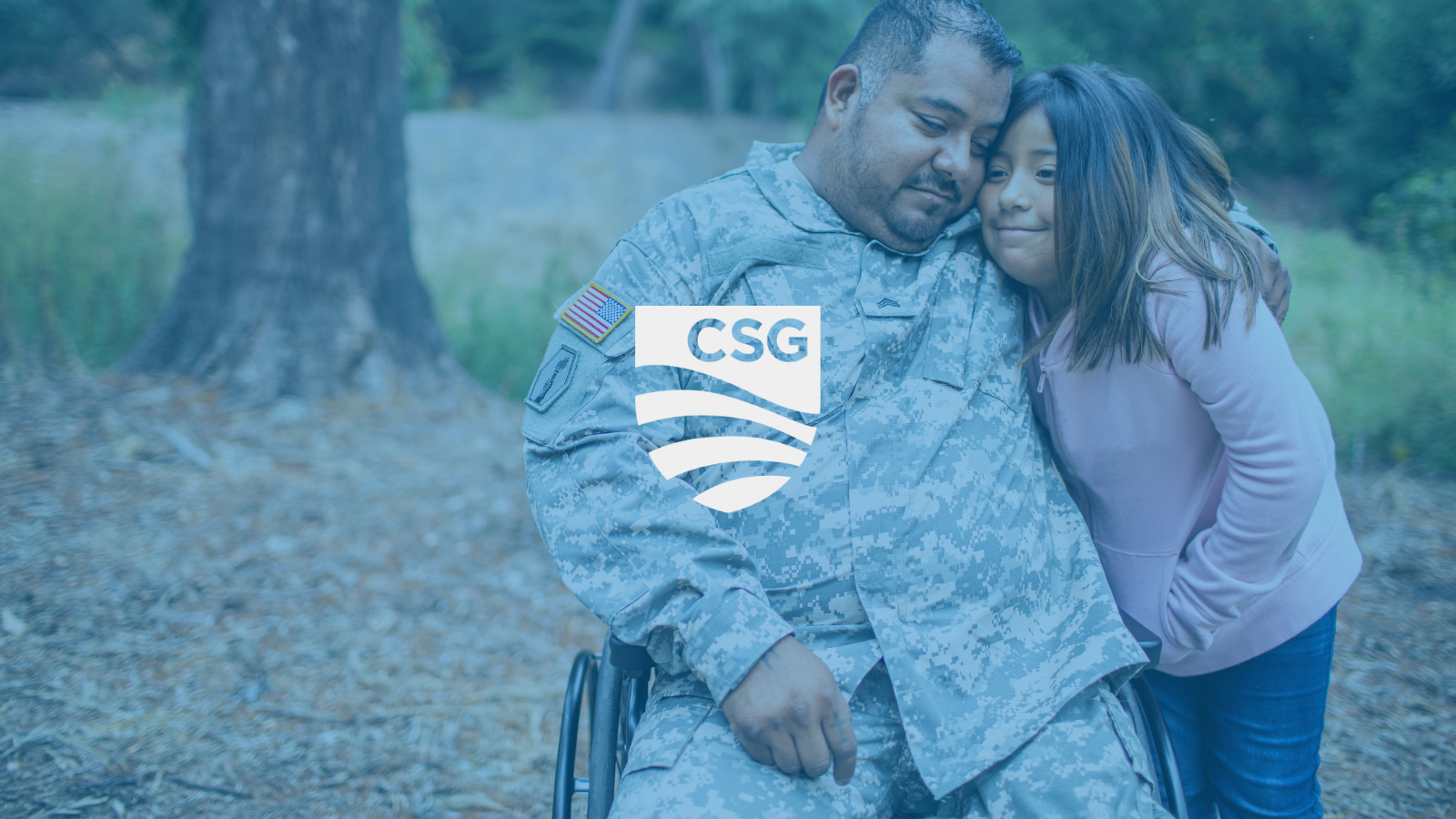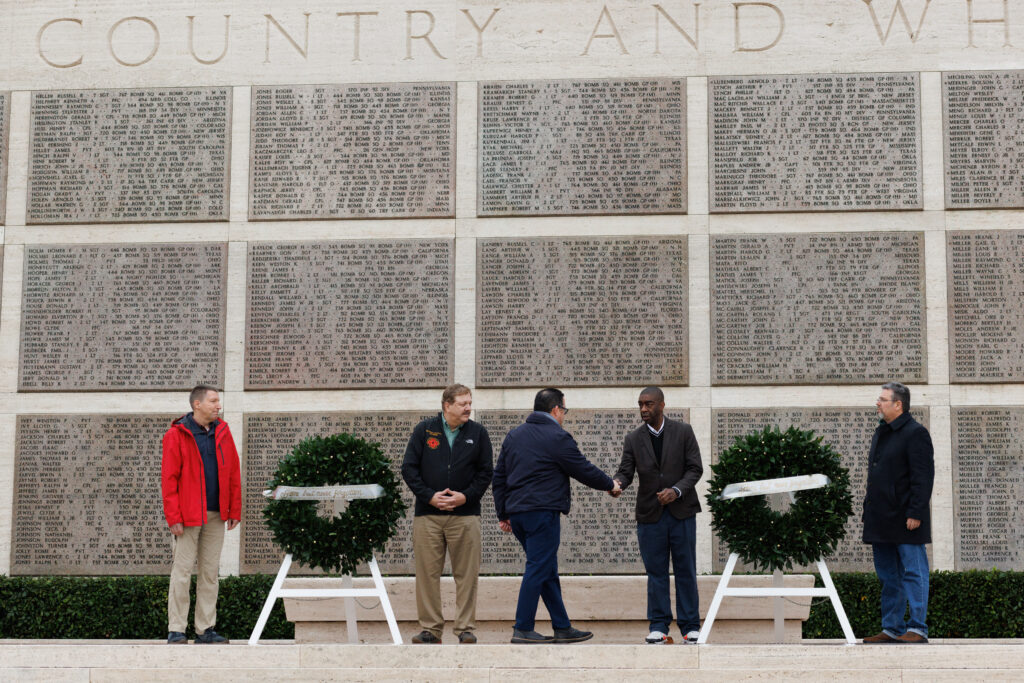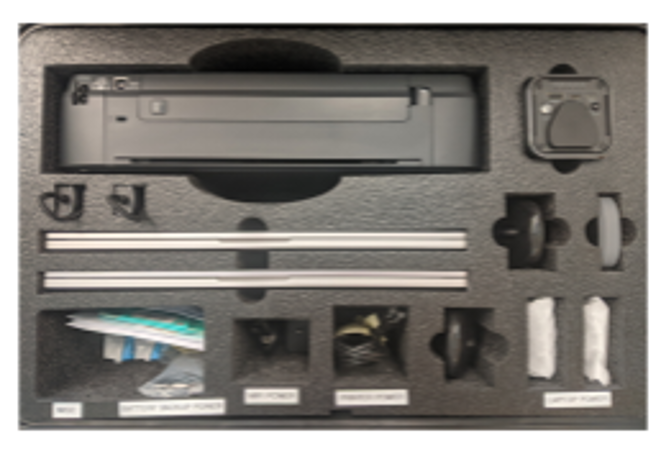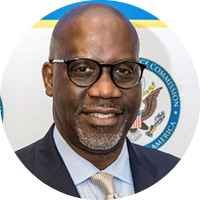By Rachel Wright and Mary Wurtz
Each year, approximately 200,000 veterans transition to civilian life, but many struggle to find employment upon re-entry. Research shows that only a little more than half of U.S. veterans find a job within six months of the start of their search. Furthermore, those who do find employment are 37% more likely to experience underemployment than nonveterans.
Efforts are being made at the state level to increase the number of veterans in registered apprenticeships, including establishing tax-credits for employers that recruit veterans, augmenting funding streams for programs that recruit veterans, designating state agencies to promote and monitor veteran participation in apprenticeship and requiring public sector contractors to establish plans and goals for recruiting veterans.
Apprenticeship as a Tool to Help Veterans Overcome Barriers to Employment
Registered Apprenticeships – training programs that are registered with the U.S. Department of Labor or state apprenticeship agency – provide participants with paid, on-the-job learning and tailored classroom instruction. Apprentices work one-on-one with a mentor that helps them navigate workplace culture and build strong support networks. Apprentices also earn a nationally recognized, portable credential upon completion of their program.
Apprenticeship can help veterans overcome common barriers to employment, such as:
Difficulty Translating Skills to the Civilian Workforce
Veterans often face underemployment because they experience difficulty converting skills learned in the military to the civilian workforce. They also frequently lack professional networks outside of the military that can help them find a job that is consistent with their level of work experience. Apprenticeship addresses veteran underemployment by providing veterans with a clear pathway into a career that builds upon their skills and work experience without requiring a bachelor’s degree. The Department of Labor can even provide veterans with advanced standing in their program if their military training and experience is in a similar occupation.
Lack of Support in the Workplace
Studies show that veterans often leave their first civilian job because they encounter a lack of support and an unfamiliar work culture. Through apprenticeship, veterans receive individualized training with an experienced mentor who provides long-term support throughout the program.
Lack of Professional Development Opportunities and Avenues for Advancement
Many veterans may struggle to adjust to civilian work due to a lack of opportunities for professional growth and advancement – a key feature of apprenticeship programs. Through apprenticeship, veterans work one-on-one with a mentor to identify and engage in opportunities for growth. Apprenticeship also provides participants with progressive wage increases and a nationally recognized, portable credential.
Additionally, veterans can utilize GI Bill benefits for approved apprenticeship programs, including tax-free money for books and supplies and a monthly housing allowance.
State Strategies to Engage Veterans in Apprenticeship
Recognizing these benefits, state policymakers have employed the following strategies to increase veterans’ access to apprenticeships:
Establishing tax credits for employers that hire veterans as apprentices
In South Carolina, the legislature enacted Senate Bill 0901 in June 2022. The bill provides a tax credit to any taxpayer that hires a veteran as part of a registered apprenticeship program. In the first year of employment, the employer will receive $3,000 for each eligible employee. An employer can receive this credit for three years.
Montana offers a tax credit of $1,500 to employers for each new registered apprentice hired that is a veteran. The tax credit can be applied for the length of each apprentice’s training program or up to five years.
Augmenting funding streams for programs that recruit minority groups – including veterans – into apprenticeships
Michigan enacted House Bill 5783 (2022) providing $250,000 in funds to a national nonprofit program connecting military service members with skilled training and quality career opportunities in the construction industry. A portion of these grant funds must be used to help veterans transition into apprenticeship programs in the state.
Similarly, Maryland enacted legislation establishing a Clean Energy Workforce Account to provide grants to support apprenticeship training programs. The fund set aside $750,000 for the recruitment of individuals, including veterans, to pre-apprenticeship and Registered Apprenticeships programs.
Designating state entities that are responsible for promoting and monitoring veteran participation in apprenticeship
To better monitor veteran participation in apprenticeship, the Colorado General Assembly enacted House Bill 21-1007 (2021) establishing the State Apprenticeship Agency and the Interagency Advisory Committee on Apprenticeship. The advisory committee was tasked with, among other things, providing annual reports to the executive director of the Department of Labor and Employment on apprenticeship data disaggregated by age, race, gender, veteran status, disability and industry.
Similarly, California enacted Senate Bill 103 in 2018, directing the Department of Transportation to sponsor, fund or partner with apprenticeship programs engaged in specific efforts to increase participation in the construction industry among certain groups, including disabled veterans.
Requiring public sector contractors to establish plans and goals for recruiting underserved groups – including veterans – in apprenticeships
The Oregon legislature enacted Senate Bill 5701 (2022), requiring any company contracting with public universities to establish and execute a plan for outreach, recruitment and retention of underserved groups in “apprenticeable occupations.” Plans should have a target of having at least 15 percent of total work hours performed by women, minority individuals and/or veterans.
Massachusetts enacted House Bill 3770 (2021) regarding construction of the Holyoke Soldiers’ Home. The bill specifies that as part of the construction project, an agreement must be made with the appropriate labor organization that facilitates the entry of interested veterans into the building and construction trades. The labor organization must designate an entity or organization to serve as a resource for preliminary orientation, apprenticeship programs and other needs to foster veteran employment opportunities.
Apprenticeships can help veterans in their transition to civilian life by providing opportunities to earn competitive wages, refine and apply existing skill sets and engage in opportunities for professional development. States, along with the federal government, have continued to take steps to increase veteran participation in apprenticeships.
For more information on state initiatives to further engage veterans in apprenticeship, please reach out to the education and workforce team at The Council of State Governments Center of Innovation.





